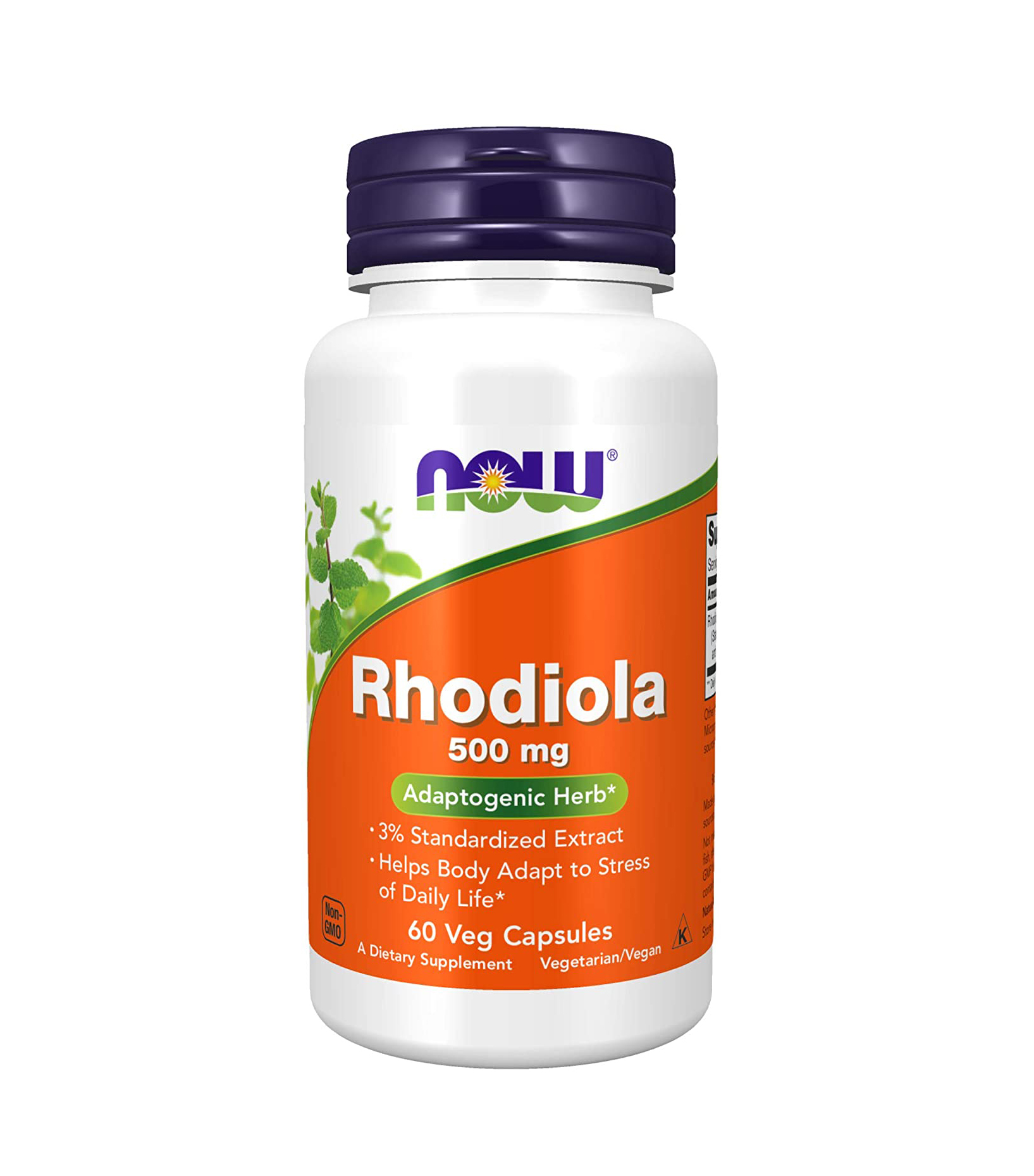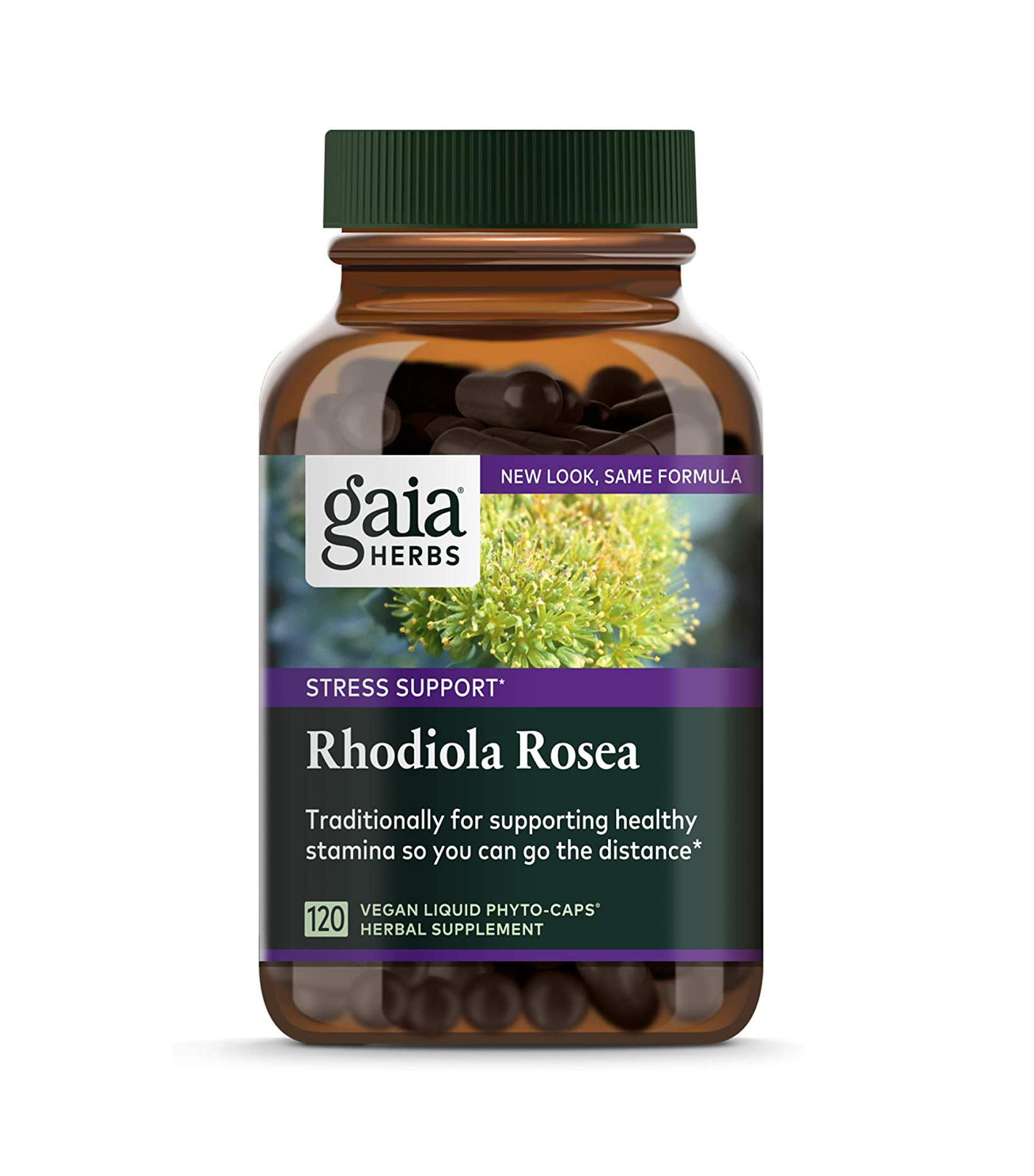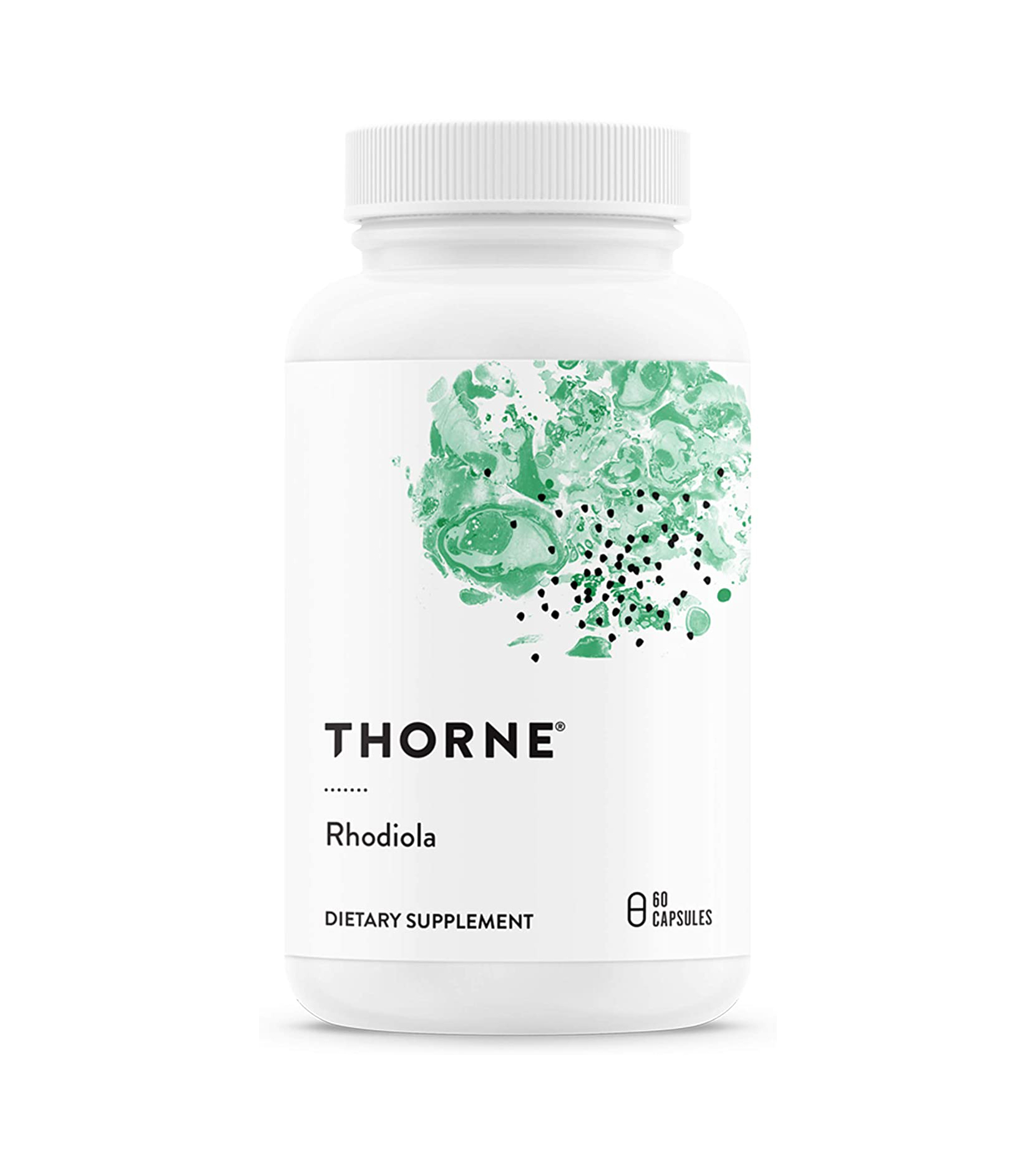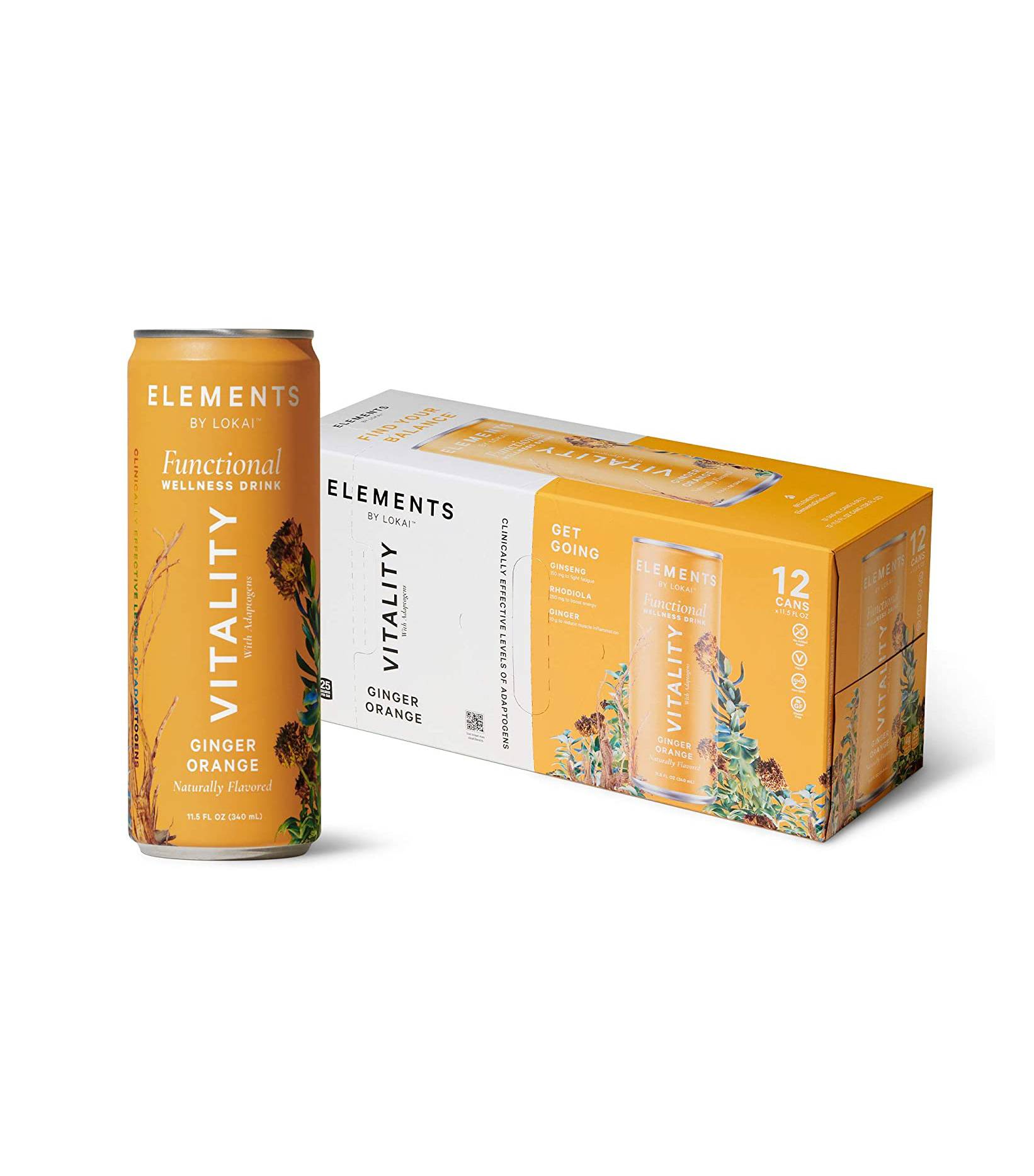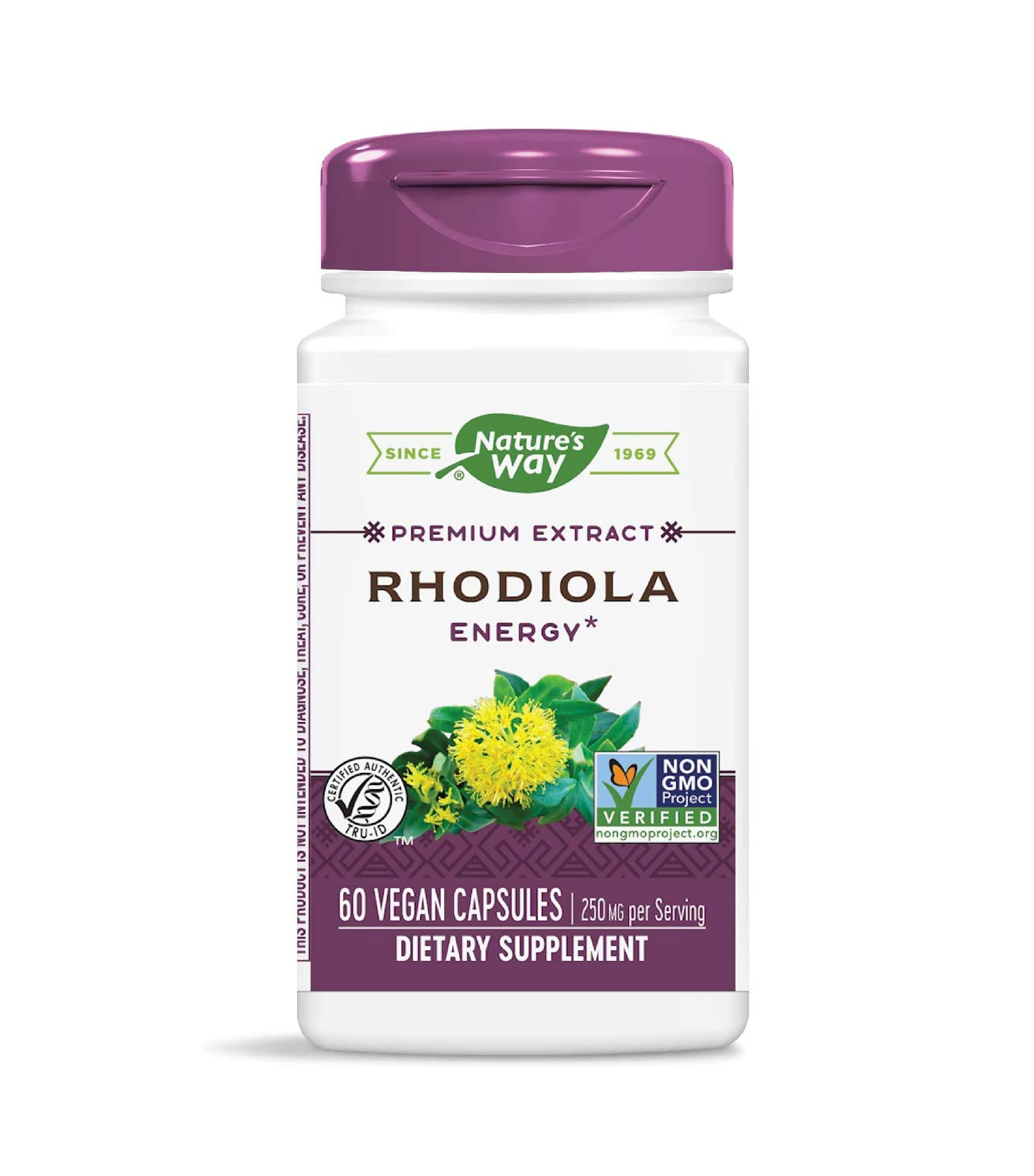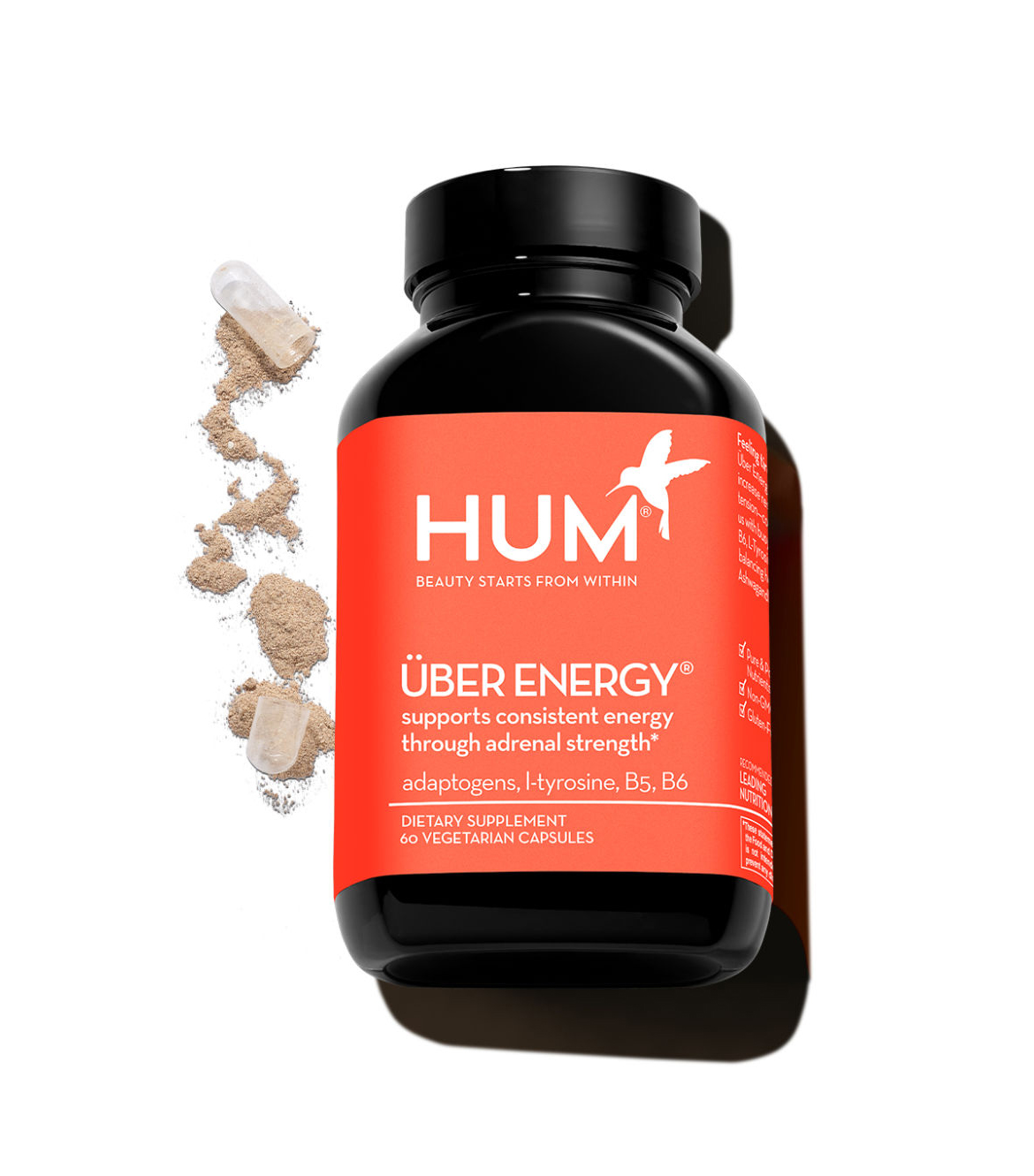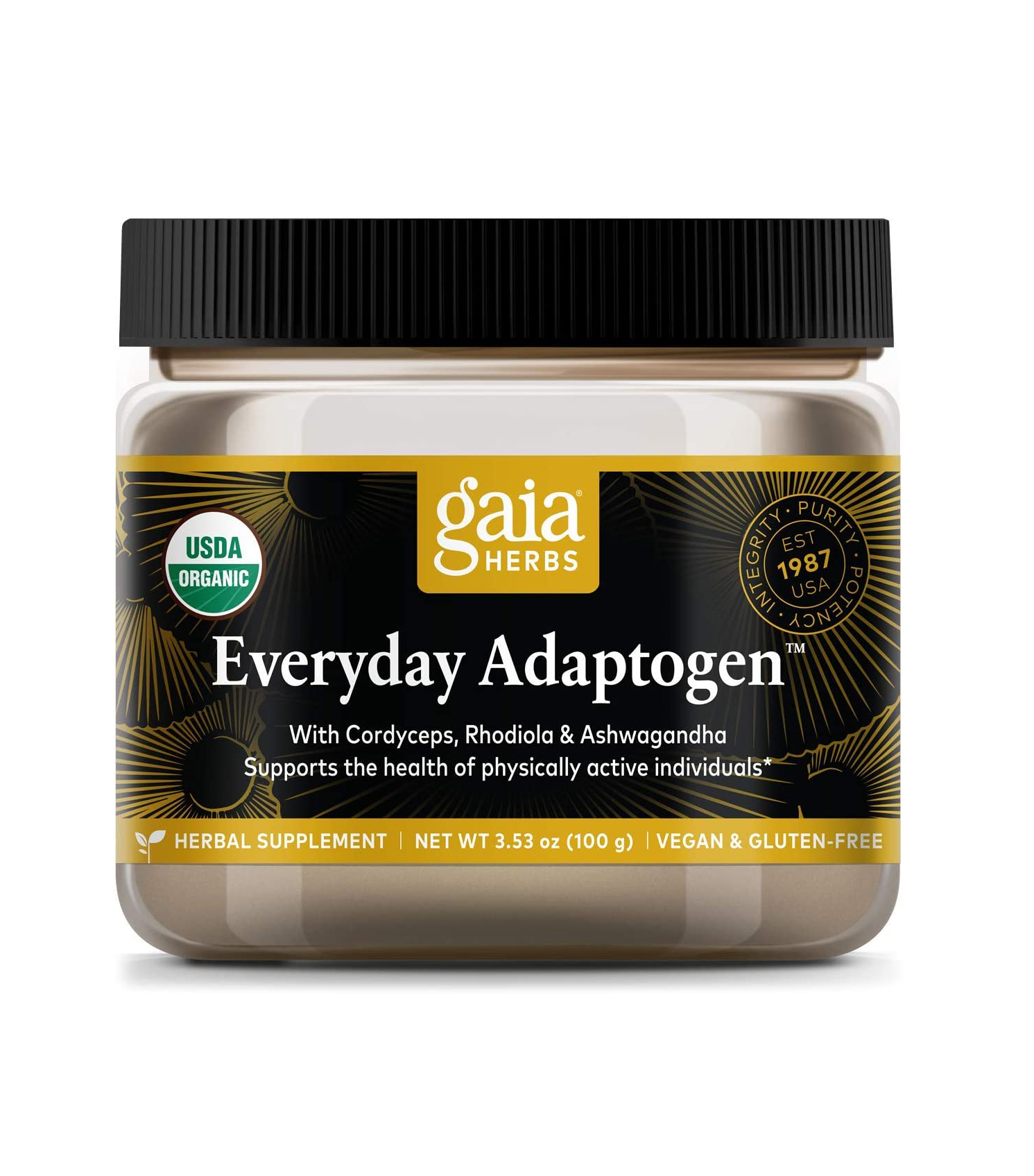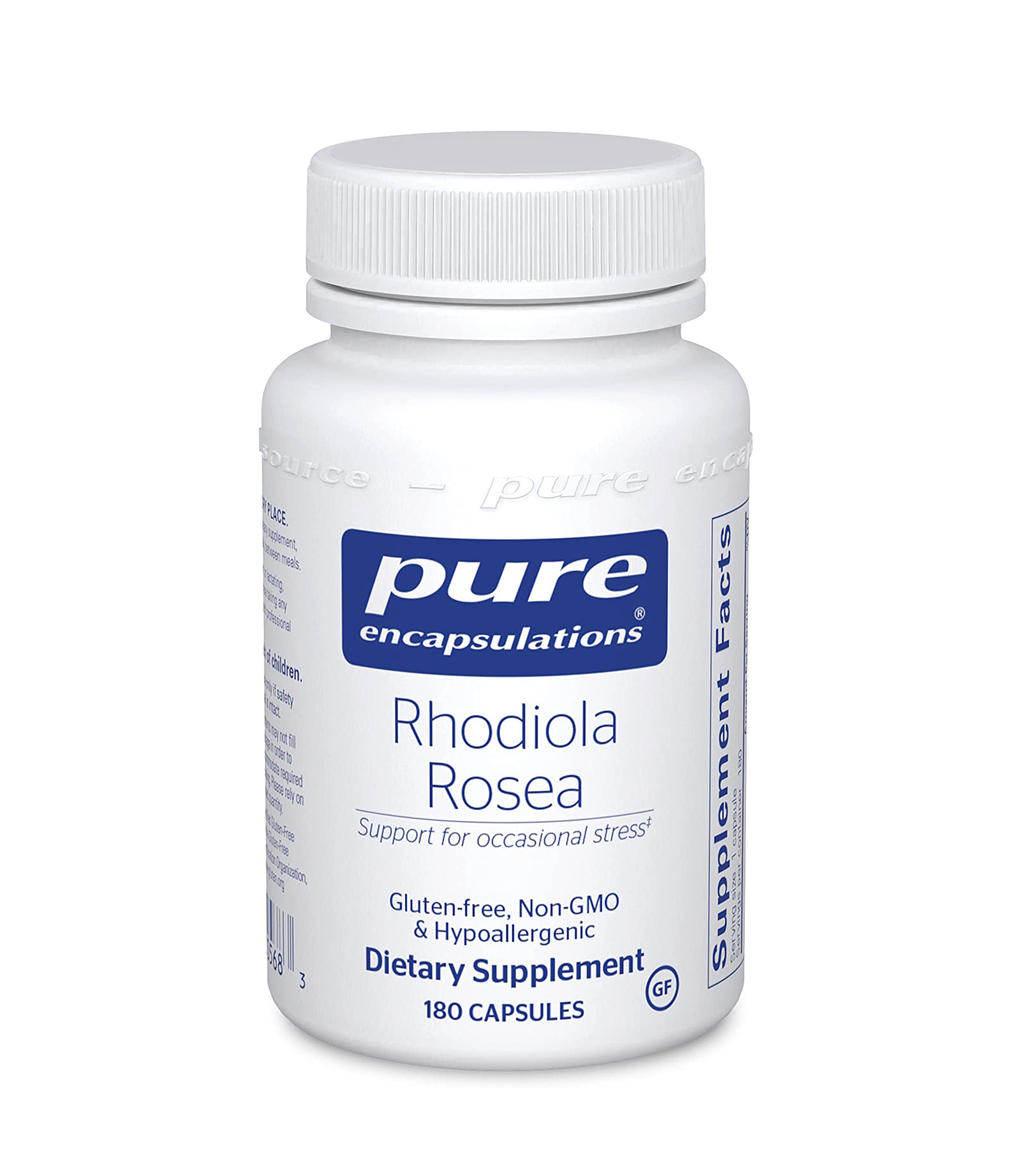This Powerful Supplement Fights Fatigue, Stress, and Depression
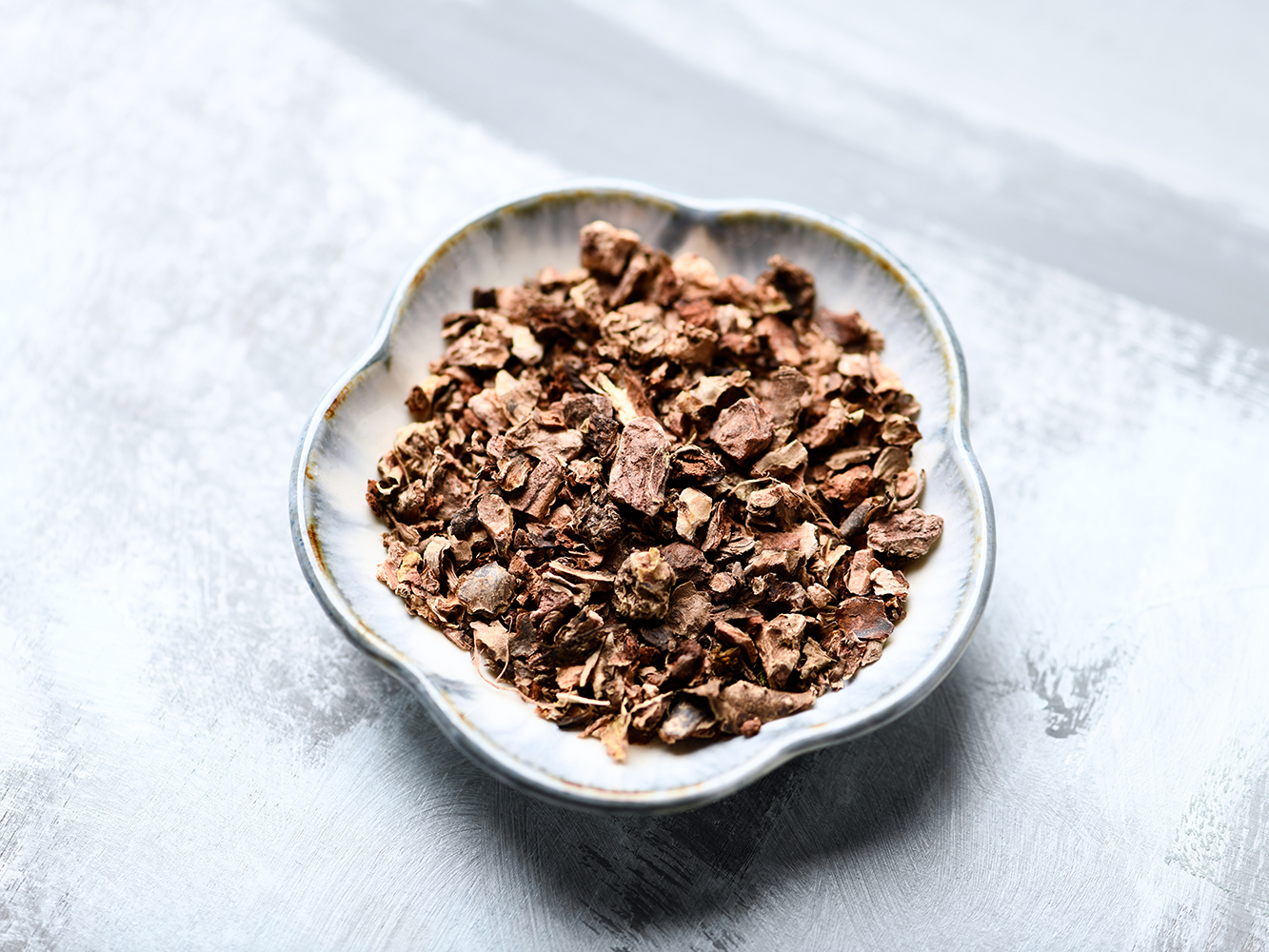
Plants and herbs are so versatile when it comes to wellness. (I probably don't need to tell you that.) There are so many uses for them. Some can help improve inflammation and any issues that stem from that. Others are so beneficial for the skin. And some will help you get better sleep, or give you more energy.
The possibilities are really endless when it comes to plants and herbs. And because there are so many out there, there's always something to learn and discover. Rhodiola is one plant that has amazing benefits but is a little under the radar. The adaptogen has therapeutic effects on the mind and body, and can actually be used to relieve a lot of common problems like stress, depression, and fatigue. So, we decided to take a closer look at the ingredient and the benefits of rhodiola.
What Is Rhodiola?
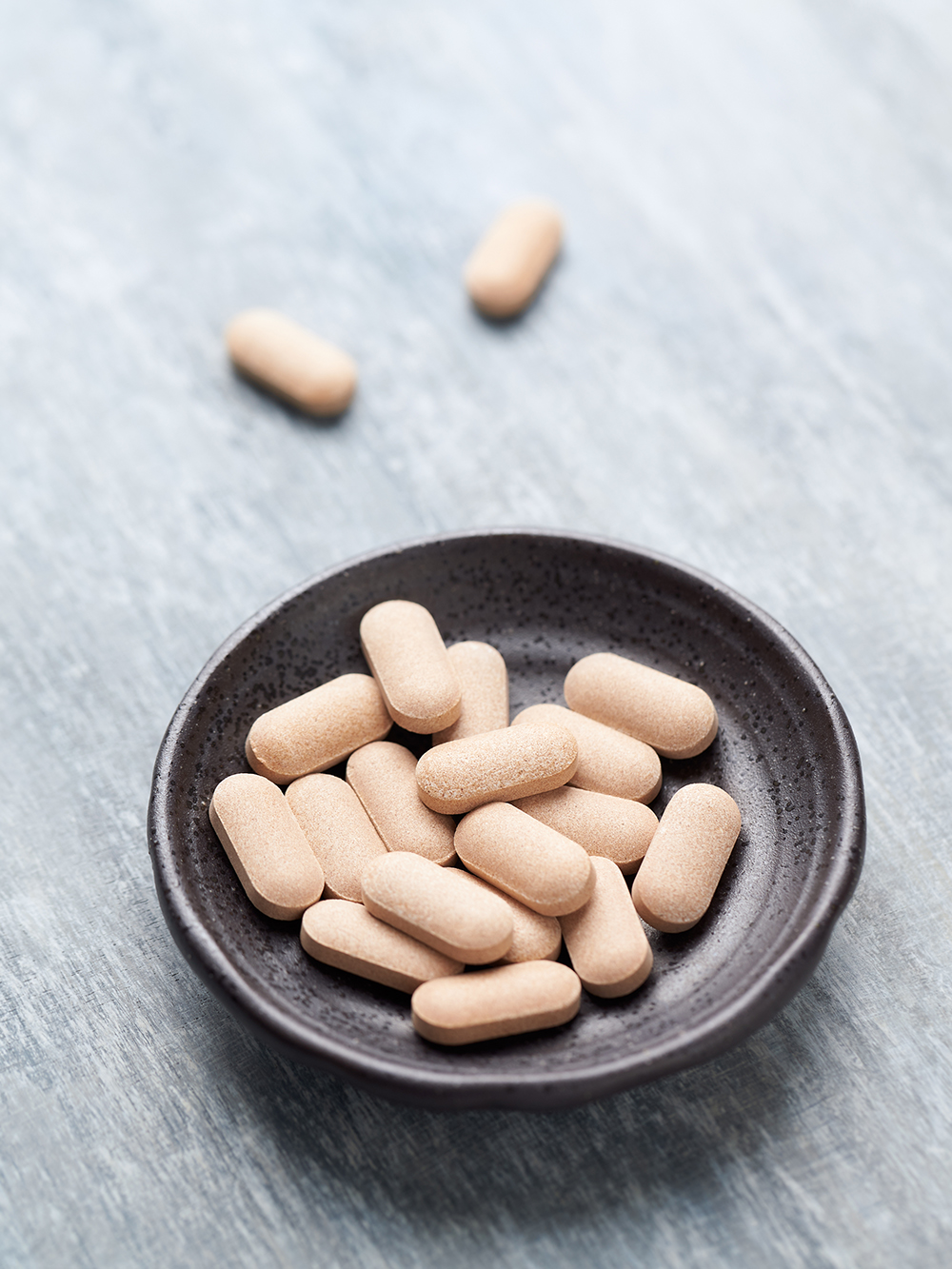
"Rhodiola rosea is a perennial flowering plant that grows naturally in Europe, Asia, and North America," explains Jessie Lucking, health coach at Parsley Health, the largest holistic medical practice in the U.S. "Rhodiola is in the family Crassulaceae and the roots of the plant have been used throughout history in traditional medicine, initially in Tibet, Siberia, and Scandinavia. Rhodiola tastes sweet, slightly bitter, spicy, cool, and dry. The roots are considered adaptogens, meaning they help your body to adapt to stress when consumed."
The plant is a stimulating adaptogen and can benefit many systems of the body, including the nervous, immune, and endocrine systems. And in case you need a refresher on adaptogens, Lucking says they are herbs and roots that help the body resist stressors of all kinds, and support your mind, immune system, and energy levels by altering hormone production, and physiological responses.
It can be consumed in different forms, like tinctures, powders, decoctions, and capsules. While it's generally safe to consume with minimal side effects, you should chat with your doctor before introducing it to your diet. Lucking says this is especially important if you are already taking stimulants, anti-anxiety and/or antidepressant medications, antibiotics, blood pressure medications, and blood sugar regulation medications.
Some groups might want to stay away from rhodiola, just because we don't know what effects it may have on them. "Little is currently known at this time about whether rhodiola is safe to use for children, during pregnancy, or while breastfeeding," says Kim Rose, RDN, CDCES, CNSC. "For this reason, it is recommended that persons in these populations do not consume rhodiola until further research has been completed. Most human studies conducted have been on healthy, adult populations with no underlying physiological medical conditions. Therefore, it is generally safe to consume rhodiola if you are an adult man or woman without any underlying health conditions."
And if you do get side effects, you might experience irritability, insomnia, increased blood pressure and heart rate, anxiety, headaches, dizziness, dry mouth, and/or excessive saliva production.
As for dosage, Lucking says this depends on what you are taking rhodiola for. The standard dose is 100mg to 200mg per day, but it can vary. "When it is taken for anxiety and stress, it is usually consumed in a lower dose, and when the intention is to increase athletic performance or reduce symptoms of depression, the dose indicated may be higher," Lucking says. You'll probably want to avoid taking it in the evenings because it is a stimulant.
Benefits of Rhodiola
1. It Can Help Reduce Stress

"Adaptogens like rhodiola rosea increase the body's adaptability and resilience to stress, empowering us to more effectively manage and respond to times of elevated stress," Lucking explains. "Rhodiola promotes stress reduction by modulating and adapting how our nervous systems responds to acute stress."
2. It Can Improve Physical Endurance
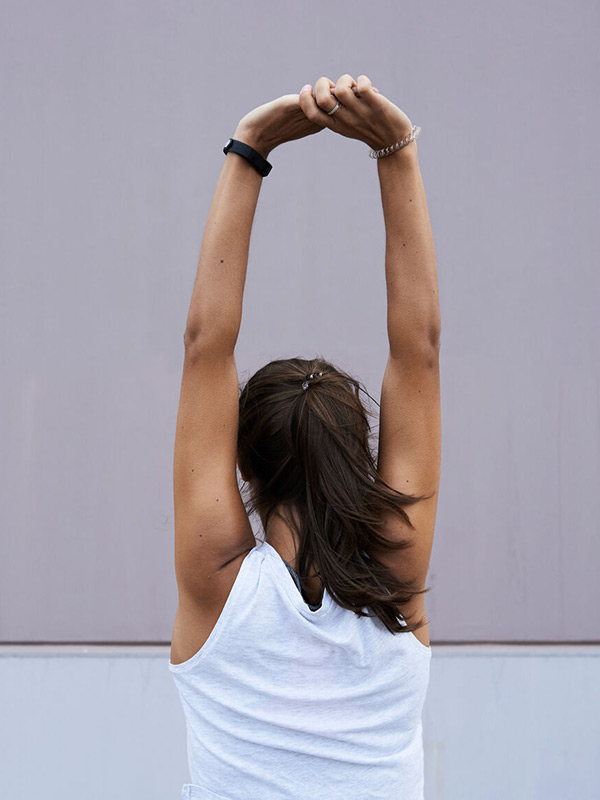
Rose cites a study that shows rhodiola may improve exercise performance. "It does this by reducing the perception of effort," she says. "Simply put, rhodiola may lower your heart response during physical activity." Lucking adds that taking rhodiola before you work out might help you to increase speed and oxygen capacity.
3. It Can Also Help Your Cognitive Performance

"Clinical studies have found that rhodiola helped with mental fatigue and complex cognitive and perceptive functions," Lucking says. "This includes aspects like short-term memory, calculation, concentration, associative thinking, and audio-visual perception."
4. It Can Reduce Depression
Rhodiola has been studied for its antidepressant properties and is thought to be effective because of its ability to support healthy neurotransmitter function. "Rhodiola may inhibit an enzyme called monoamine oxidase (MAO)," Lucking says. "MAO is involved in the oxidative breakdown of neurotransmitters including serotonin, dopamine, and norepinephrine. The compounds in rhodiola also act as antioxidants, protecting specific neurotransmitters and enhancing their function."
5. It Helps Reduce Fatigue
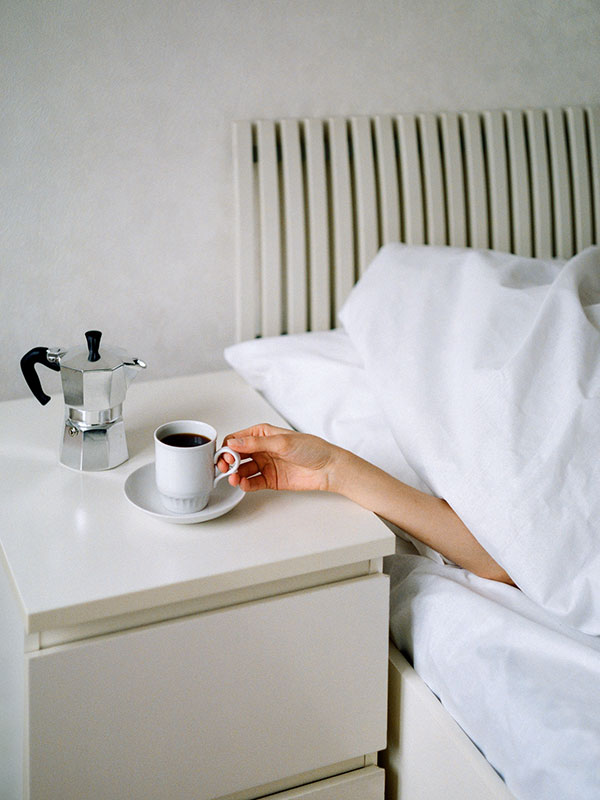
"Fatigue is multifaceted. It can express itself physically and psychologically," Rose says. "Rhodiola may help to improve how the body responds to stress on a psychological level. It does this by reducing fatigue and normalizes stress hormones in the body."
6. It May Have a Positive Effect on Blood Sugar Stability and Metabolic Dysfunction
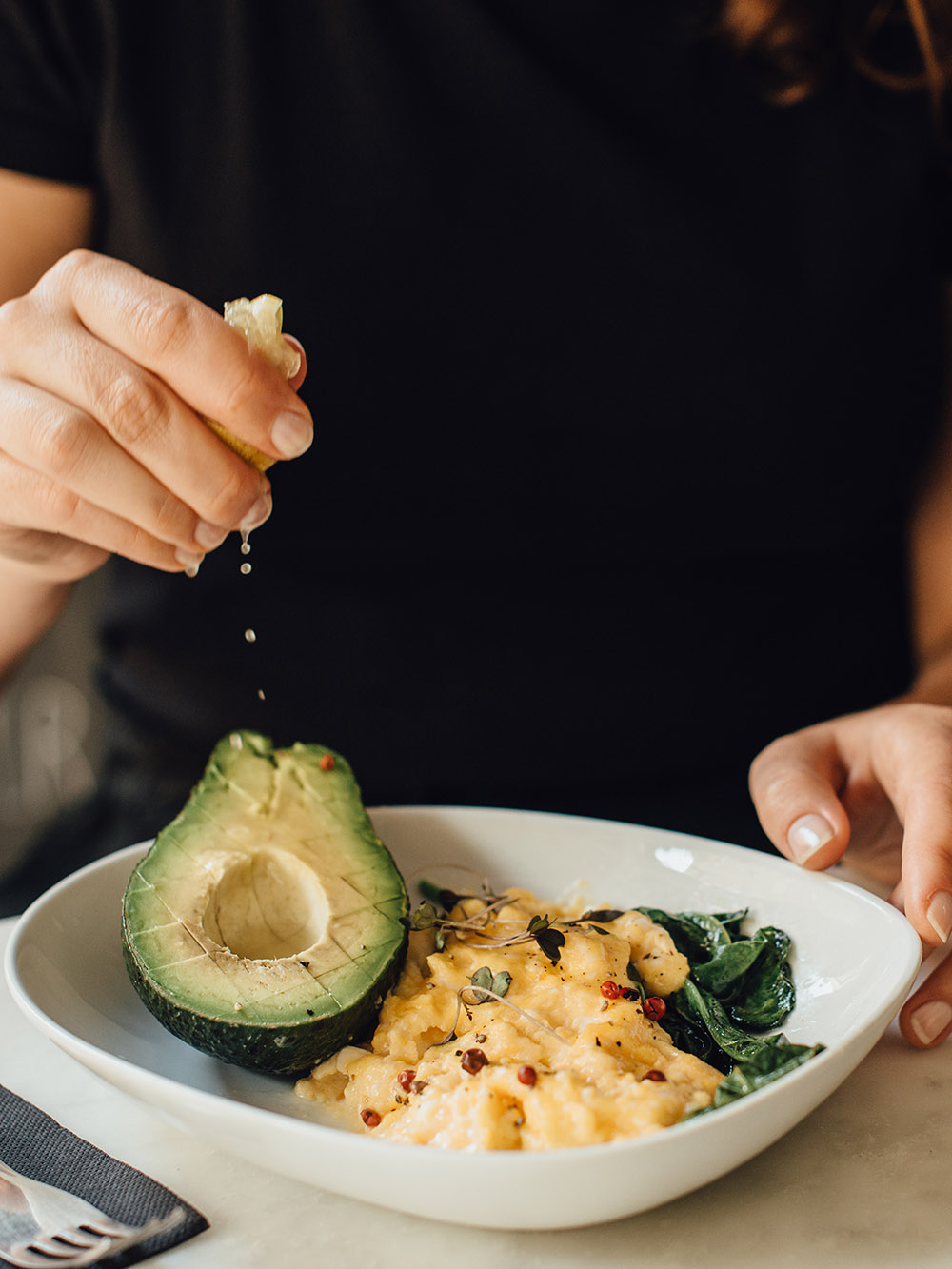
Lucking says the salidroside in rhodiola acts as a natural antioxidant in our body and may protect our pancreatic beta cells from oxidation. "When evaluated in a study, the results showed that this anti-inflammatory compound improved blood sugar levels and relieved oxidative stress," she explains. "Rhodiola may also balance blood sugar by increasing the number of glucose receptors on our cells. This helps clear our blood of glucose quickly and avoid the effects of chronic high blood sugar and insulin release. The mechanisms can help to modulate various synergistic pathways that control oxidative stress, inflammation, mitochondria, autophagy, and cell death, as well as AMP-activated protein kinase (AMPK) signaling that is associated with possible beneficial effects on metabolic disorders."
7. It May Support Immune Function

"Animal studies demonstrate that rhodiola may improve immune function," Rose says. "It does this by improving white blood cell count. White blood cells protect the body against bacteria, viruses, and other foreign invaders. However, until animal research is translated into human studies, whether rhodiola can really improve the human immune system remains unclear."
8. It May Prevent Cancer
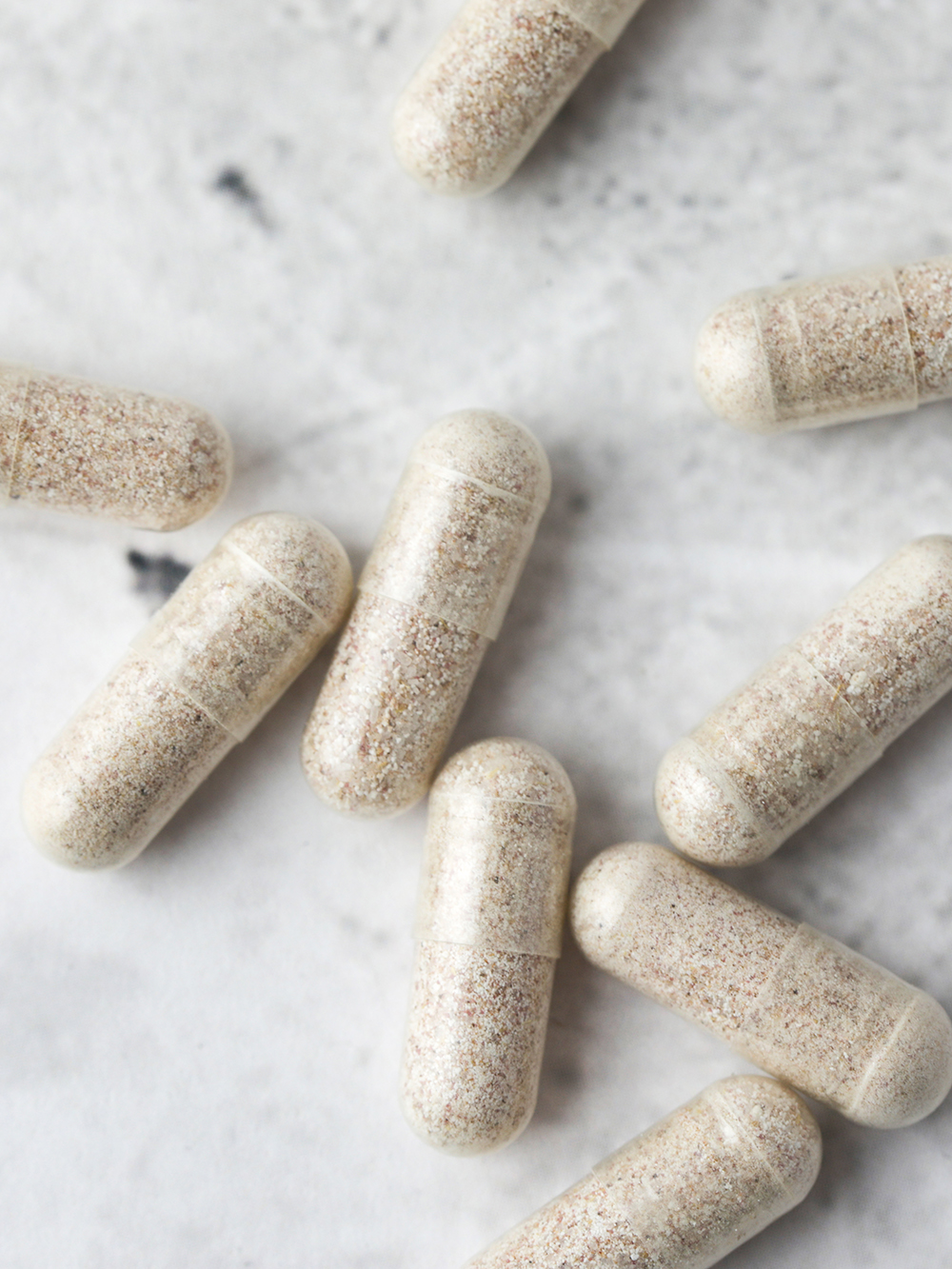
There is some promising evidence that rhodiola has cancer prevention benefits. "The molecular mechanisms of rhodiola rosea extracts' action have been studied along with one of its bioactive compounds, salidroside, for anti-cancer properties," Lucking says. "Rhodiola rosea extracts and salidroside alone have both demonstrated potential anti-cancer mechanisms, particularly in colon, breast, bladder, and liver cancer."
How to Shop for Rhodiola
If you're interested in trying out rhodiola for yourself, there are a couple of things to keep in mind. "Unfortunately, the variation in phytochemical constituents present in rhodiola products available on the internet and in stores is a major cause for concern," Lucking says. As with any supplement, it is recommended to purchase pharmaceutical-grade products. Pharmaceutical grade supplements are required to have 99% accuracy in regards to ingredients and also have fewer fillers, dyes, and binders in their formulations." Make sure they're third-party tested; look for certificates of analyses; and check for pesticides, heavy metals, and microbials.
Rose adds that not all products that contain rhodiola have the adaptogen in therapeutic amounts, so look for a product that contains at least 200mg of rhodiola to get the maximum benefits. And she recommends looking for the ingredient in products you're more likely to consume. "For instance, if you're not a pill or powder person, you may want to try it in its liquid form," she says. "Elements Vitality drink has 250 mg of rhodiola per can and is a refreshing way to consume this adaptogenic plant."
More Rhodiola Products to Shop
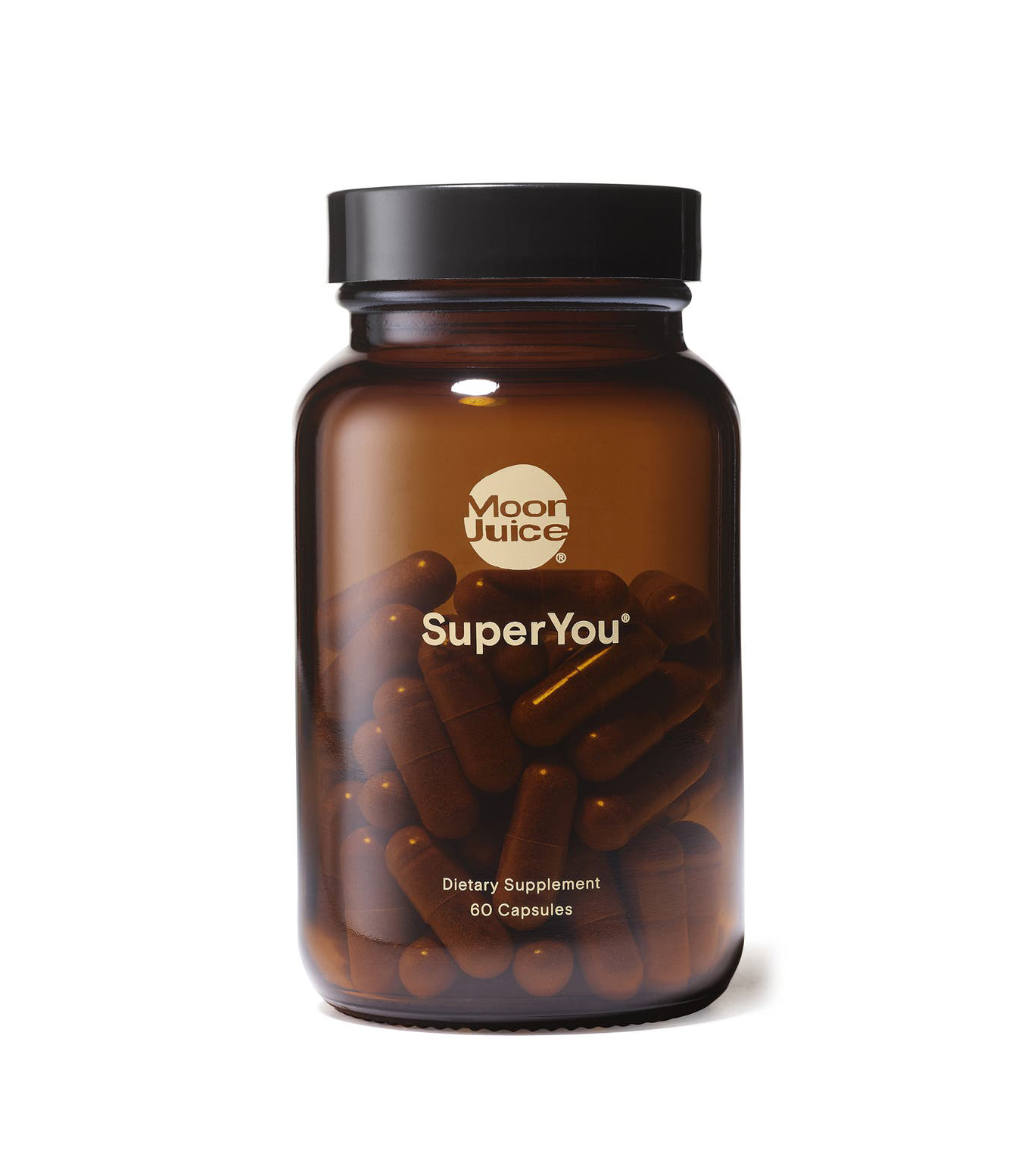
Manage your stress and improve your energy and mood with these capsules from Moon Juice. They contain a blend of four adaptogens: shatavari (for hormonal balance), ashwagandha (for stress reduction), amla (to protect the skin), and rhodiola (to fight fatigue).
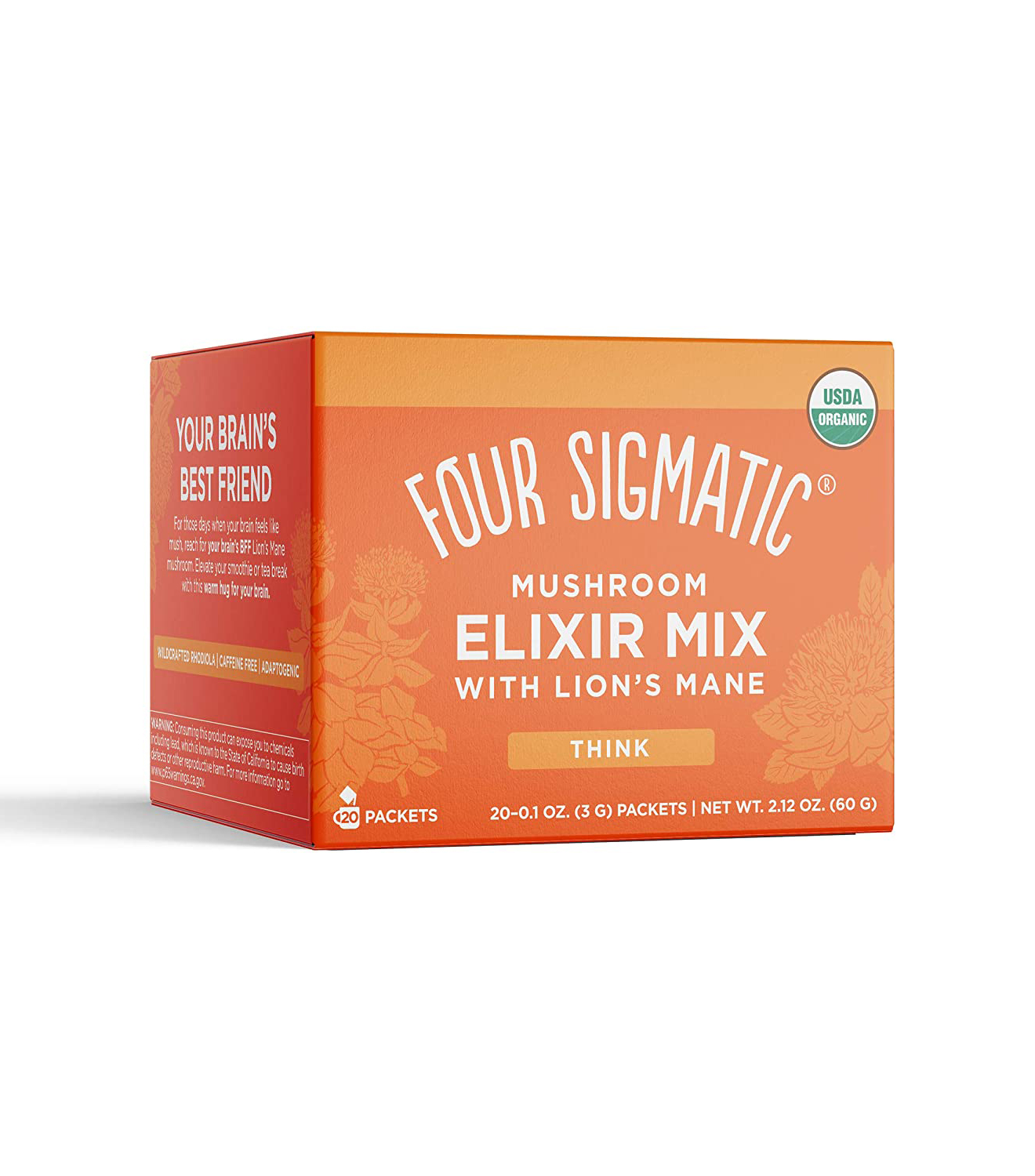
These focus-boosting packets contain 1500mg of lion's mane mushroom extract, plus rose hips (packed with vitamin C) and rhodiola.
Next up: The 7 Best Vitamins That Will Boost Your Metabolism
This article is provided for informational purposes only and is not intended to be used in the place of advice of your physician or other medical professionals. You should always consult with your doctor or healthcare provider first with any health-related questions.
Sarah is lifestyle writer and editor with over 10 years of experience covering health and wellness, interior design, food, beauty, and tech. Born and raised in Los Angeles, she attended New York University and lived in New York for 12 years before returning to L.A. in 2019. In addition to her work atBest Knockoff Luxury Clothing , she held editor roles at Apartment Therapy, Real Simple, House Beautiful, Elle Decor, and The Bump (sister site of The Knot). She has a passion for health and wellness, but she especially loves writing about mental health. Her self-care routine consists of five things: a good workout, “me” time on the regular, an intriguing book/podcast/playlist to unwind after a long day, naps, and decorating her home.
